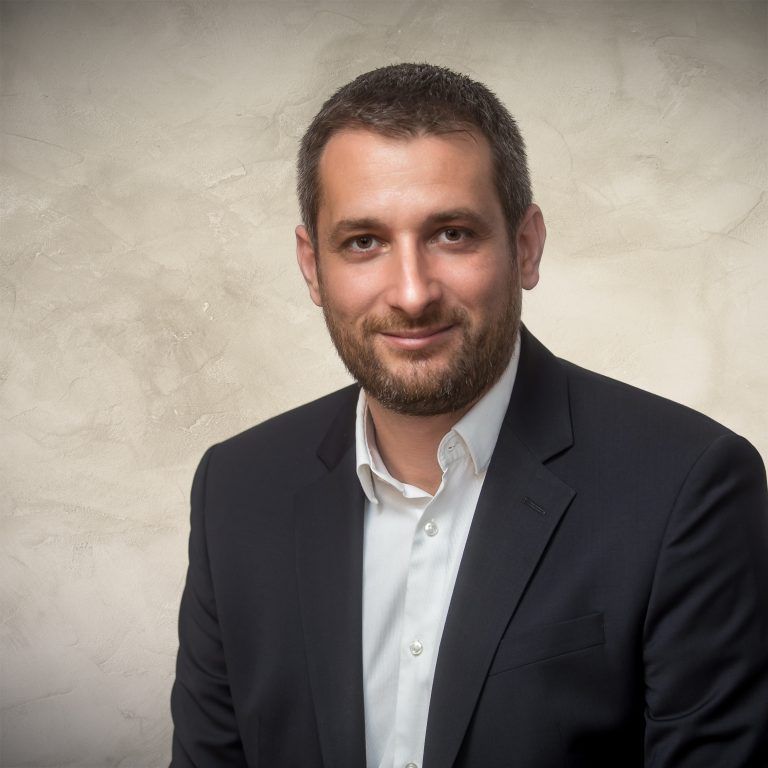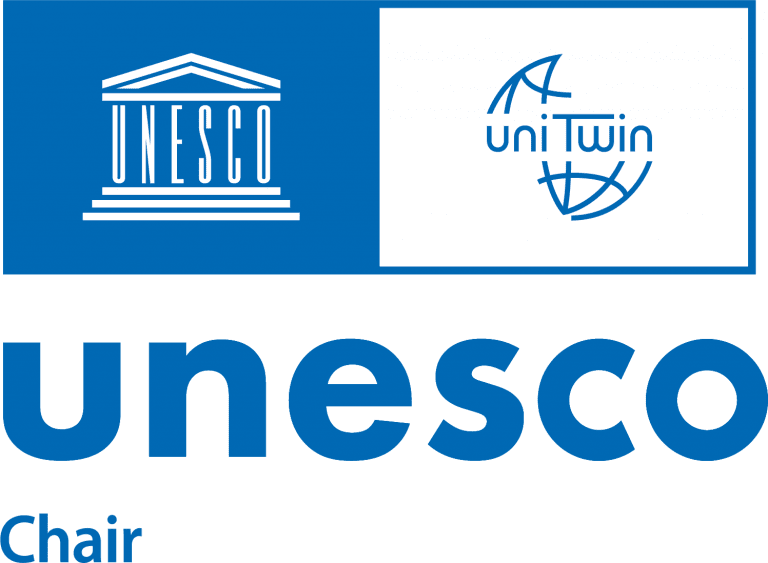Speakers
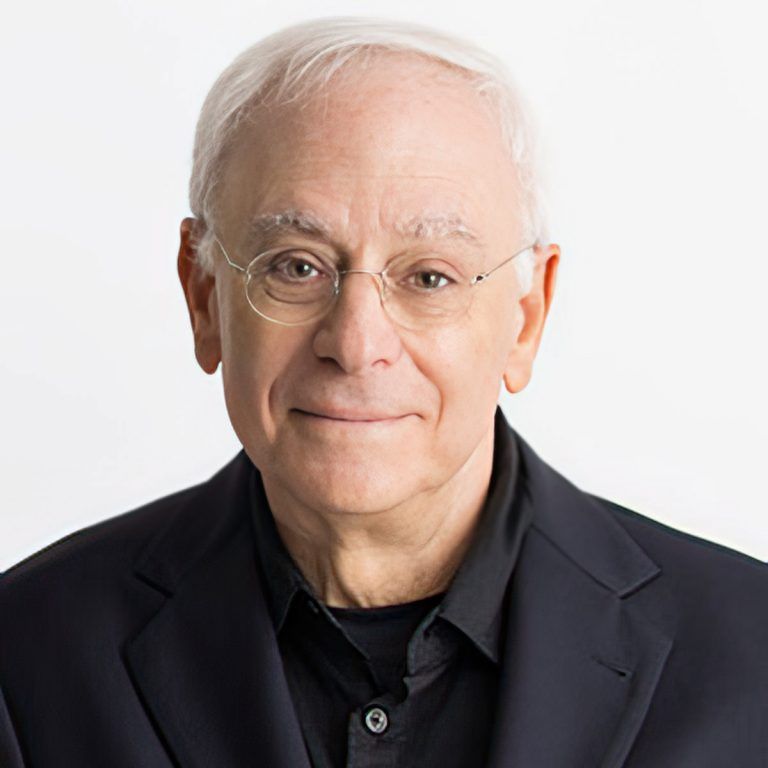
Robert Post
Robert Post is Sterling Professor of Law at Yale Law School. He served as the School’s 16th dean from 2009 until 2017. Before coming to Yale, he taught at the University of California at Berkeley School of Law.
Post specializes in constitutional law, with a particular emphasis on the First Amendment. He is also a legal historian who is currently writing Volume X of the Oliver Wendell Holmes Devise History of the Supreme Court of the United States, which will cover the period 1921-30 when William Howard Taft was Chief Justice. Post has written and edited numerous books, including Citizens Divided: A Constitutional Theory of Campaign Finance Reform (2014), which was originally delivered as the Tanner Lectures at Harvard in 2013; Democracy, Expertise, Academic Freedom: A First Amendment Jurisprudence for the Modern State (2012), which was originally delivered as the Rosenthal Lectures at Northwestern University; For the Common Good: Principles of American Academic Freedom (with Matthew M. Finkin, 2009), which has become the standard reference for the meaning of academic freedom in the United States; and Prejudicial Appearances: The Logic of American Antidiscrimination Law (2001), which was original delivered as the Brennan Lectures at Berkeley.
Post publishes regularly in legal journals and other publications; exemplary articles and chapters include “Data Privacy and Dignitary Privacy: Google Spain, The Right to be Forgotten, and the Construction of the Public Sphere” (Duke Law Journal, 2018); “The Politics of Religion: Democracy and the Conscience Wars,” in The Conscience Wars: Rethinking the Balance Between Religion, Identity, and Equality (Susanna Mancini and Michel Rosenfeld, eds., Cambridge University Press 2018); “Theorizing Disagreement: Reconceiving the Relationship Between Law and Politics” (California Law Review, 2010); “Roe Rage: Democratic Constitutionalism and Backlash” (with Reva Siegel, Harvard Civil-Rights Civil-Liberties Law Review, 2007); “Federalism, Positive Law, and the Emergence of the American Administrative State: Prohibition in the Taft Court Era” (William & Mary Law Review, 2006); “Foreword: Fashioning the Legal Constitution: Culture, Courts, and Law” (Harvard Law Review, 2003); and “Subsidized Speech” (Yale Law Journal, 1996).
Post is a member of the American Law Institute and a fellow of both the American Philosophical Society and the American Academy of Arts and Sciences.
Julie Cohen
Professor Cohen teaches and writes about surveillance, privacy and data protection, intellectual property, information platforms, and the ways that networked information and communication technologies are reshaping legal institutions. She is the author of Between Truth and Power: The Legal Constructions of Informational Capitalism (Oxford University Press, 2019), Configuring the Networked Self: Law, Code, and the Play of Everyday Practice (Yale University Press, 2012), and numerous articles and book chapters, and she is a co-author of Copyright in a Global Information Economy (Wolters Kluwer, 5th ed. 2020). She is a faculty co-director of the Institute for Technology Law and Policy, a faculty advisor of the Center on Privacy and Technology, and a member of the Advisory Board of the Electronic Privacy Information Center. Prior to joining the Law Center faculty in 1999, Professor Cohen was Assistant Professor of Law at the University of Pittsburgh School of Law. She previously practiced with the San Francisco firm of McCutchen, Doyle, Brown & Enersen, where she specialized in intellectual property litigation. She was law clerk to Judge Stephen Reinhardt of the United States Court of Appeals for the Ninth Circuit.
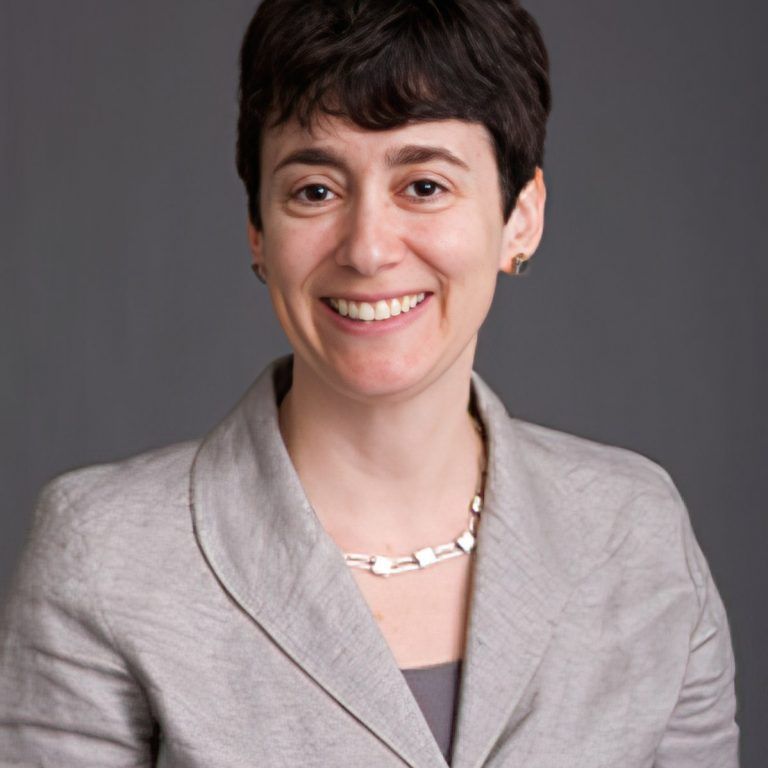
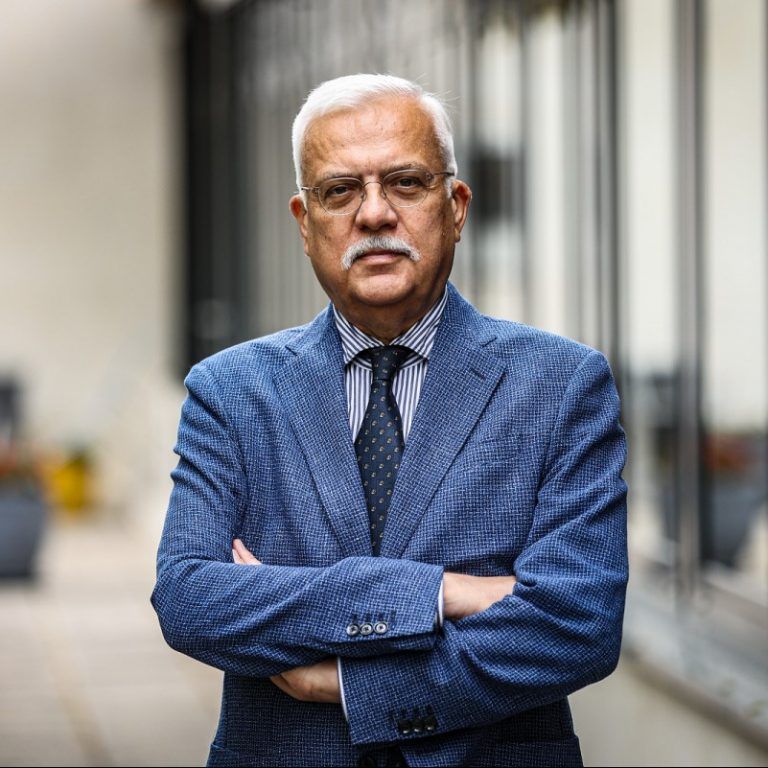
Péter Paczolay
He graduated from the Faculty of Law and Political Sciences of Eötvös Loránd University, Budapest in 1980. After working as a legal adviser, he lectured at the Department of the Philosophy of Law from 1983 to 1990 and from 1990 to 2005 at the Department of Political Sciences at the Faculty of Law and Political Sciences of Eötvös Loránd University, Budapest. Since 1992 he has been Head of Department of Political Sciences at the Faculty of Law and Political Sciences of József Attila University of Szeged (at present University of Szeged). Between 1994 and 1998 he was Vice-Dean of the Faculty. He is full professor since 2000. On 1 January 1990 he became chief counsellor to the Constitutional Court and from November 1996 he worked as Secretary General of the Court. From August 2000 he was Deputy Head, from August 2005 Head of the Office of the President of the Republic of Hungary.
He was elected Judge of the Constitutional Court in February 2006 and he was Vice-President of the Court from March 2007 to July 2008. The plenary session of the Constitutional Court elected him President on 4 July 2008 for three years. On 4 July 2011 the Hungarian Parliament – for the period of his mandate as Constitutional Judge, until February 2015 – elected him as President of the Court. In 2002 he was elected member of the European Academy of Sciences and Arts (Salzburg).
Between 2010 and 2015 he was member of the panel provided for by article 255 of the Treaty on the Functioning of the European Union, mandated to give an opinion on the suitability of candidates to perform the duties of judge or advocate general of the Court of Justice or the General Court. In 2016-2017 he served as Ambassador Extraordinary and Plenipotentiary to Italy, Malta and San Marino.
He is judge of the European Court of Human Rights since 24 April 2017.
Rolf H. Weber
Prof. Dr. Rolf H. Weber is Professor of international business law at Zurich University acting there as co-director of the Research Program on Financial Market Regulation, the Center for Information Technology, Society, and Law and the Blockchain Center. Furthermore, he was Visiting Professor at Hong Kong University and he is practicing attorney-at-law in one of the largest independent Swiss law firms in Zurich. Prof. Weber is board member of the Swiss Blockchain Federation and expert of the Swiss government in Blockchain matters.
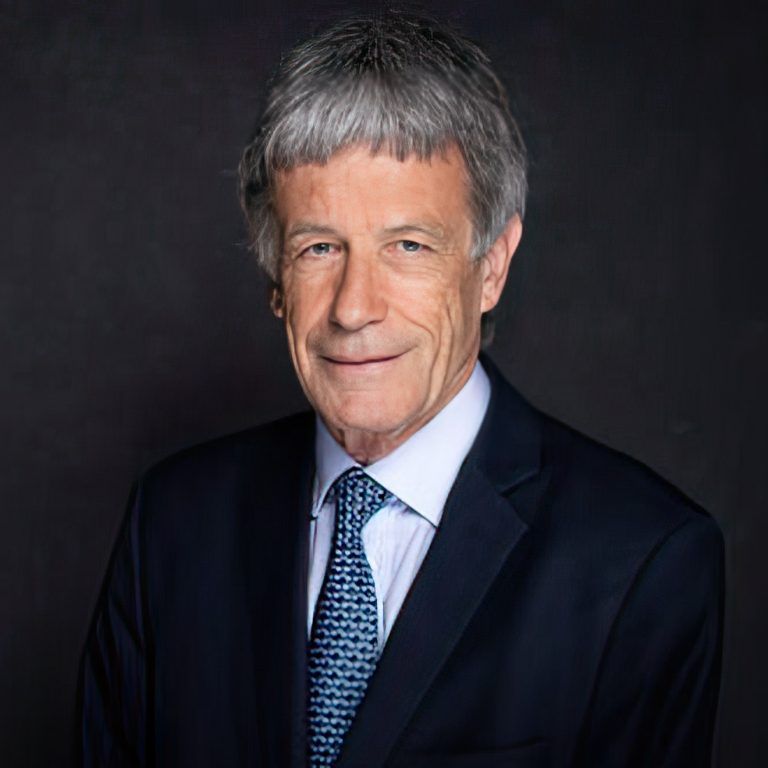
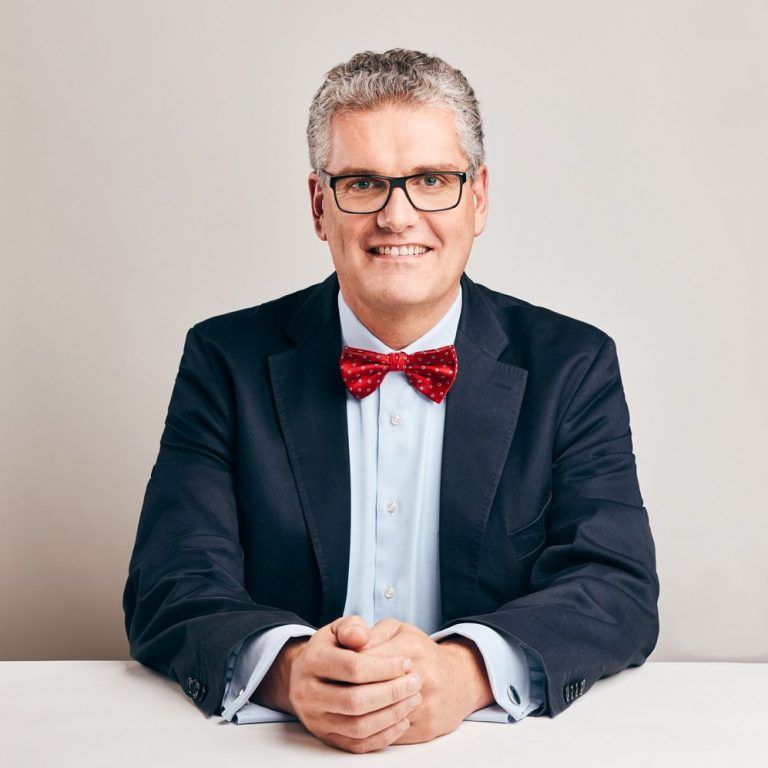
Jan Berndt Nordemann
With over 25 years’ experience, Jan Bernd Nordemann is known as one of the leading copyright lawyers in Germany. He also has an excellent reputation in trade mark law and competition law.
He has achieved many landmark court victories for his clients and is currently leading a number of major out-of-court consultation projects. He also employs his expertise when drafting contractual agreements and verifying chains of title. Jan Bernd Nordemann’s clients include national and international companies and associations, in particular from the areas of film, literature, journalism, consumer goods and construction (architecture). Many of his clients have been placing their trust in him for many years. As a practitioner with high academic standards, Jan Bernd Nordemann is a popular speaker at conferences and seminars. He is the editor and author of many works in the areas of copyright law, trade mark law and competition law. These include, for example, Fromm/Nordemann, one of the leading copyright law commentaries in Germany. He was Chair of the international Copyright Committee of the AIPPI for 10 years from 2011 to 2021. Humboldt University Berlin appointed him an honorary professor 15 years ago. He gives classes at Humboldt University primarily on copyright law.
Dario Milo
Dario focuses on all aspects of media, communications and information law, free speech and constitutional law, administrative law, data protection, privacy and disinformation law, and corporate and tax litigation and alternative dispute resolution. He has acted for the media in numerous high profile cases, including the defamation case brought by President Zuma against the cartoonist Zapiro.
He has been lead attorney in many of the media freedom cases decided by the South African courts including successful Constitutional Court cases for amaBhungane Centre for Investigative Journalism in relation to surveillance laws and transparency of donations to candidates for political office, and for Mail & Guardian in relation to access to information and open justice. His successes for clients include successfully reviewing the Public Protector’s Lifeboat report and succeeding against the South African Revenue Services in one of the Supreme Court of Appeal’s leading substance over forms cases.
Dario acted for Mrs Graça Machel in her complaint before the HPCSA against one of former president Nelson Mandela’s doctors for authoring a book, Mandela’s Last Years, which Mrs Machel alleges violated doctor-patient confidentiality. He litigates in all superior courts in South Africa as well as specialised tribunals and fora such as the Broadcasting Complaints Commission of South Africa, the Films and Publications Board, the Press Council, the Independent Communications Authority of South Africa, the Complaints and Compliance Committee of the ICASA, the Advertising Regulatory Board and the Tax Court.
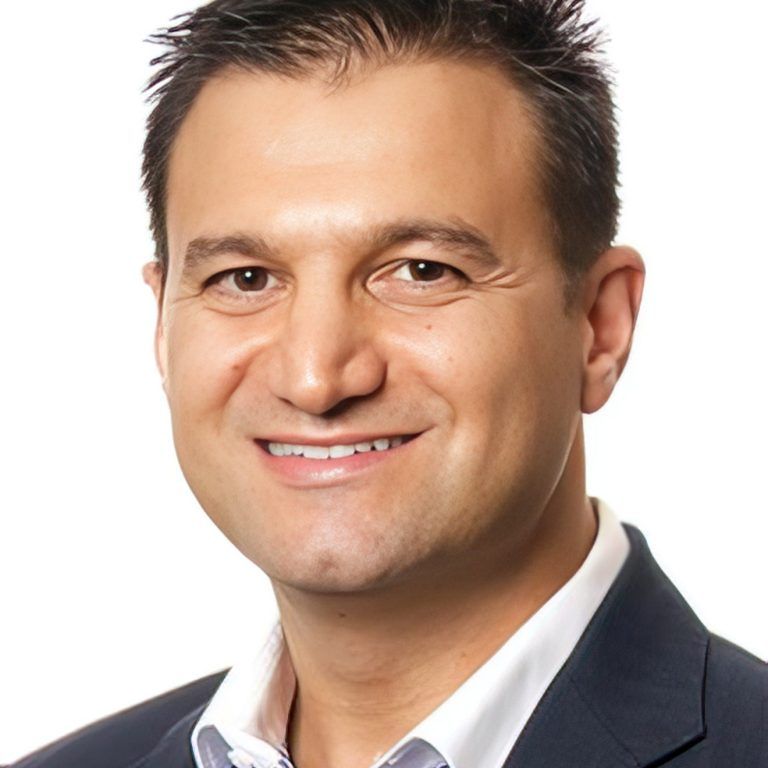
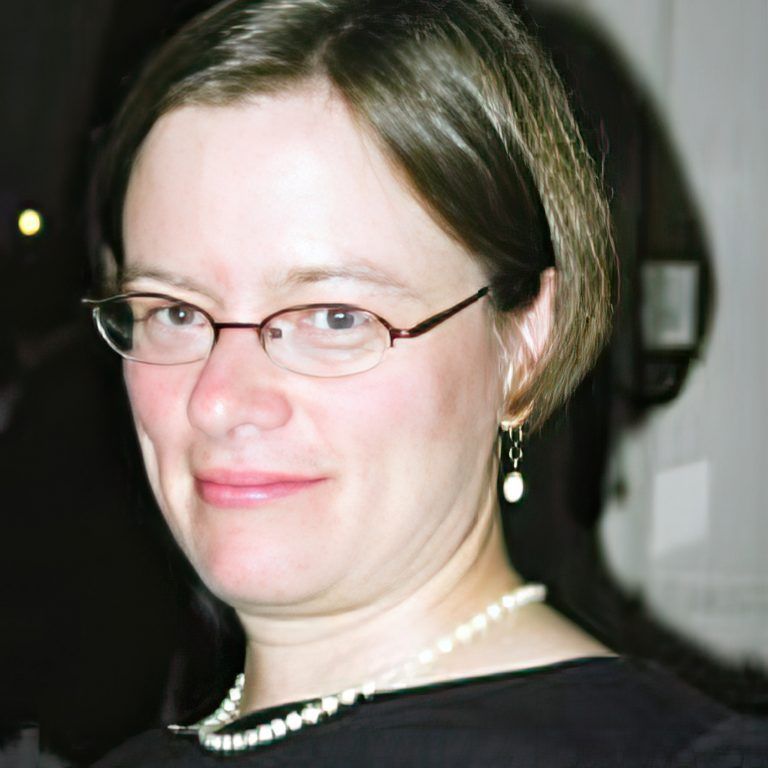
Julia Hörnle
Professor Julia Hörnle has held the Chair of Internet Law at the Centre for Commercial Law Studies at Queen Mary, University of London since 2013.
Her research areas are Cyberspace Law & Digital Rights, Internet Regulation, Jurisdiction of States Online and Online Dispute Resolution. She examines from a critical-analytical perspective the law related to the internet, cloud computing, social media and artificial intelligence. Recent research focuses on the regulation of social media, the liability of intermediaries for user-generated content, and the use of artificial intelligence for content moderation online. She has held visiting research and teaching positions at the at the Max Planck Institute for International and Comparative Criminal Law, at the Institute for Telecommunications and Media Law, University of Münster, at the European University Institute, Singapore Management University, the National University of Singapore and Georgetown University Washington DC.
She was educated at the University of Göttingen, the University of Leeds (1995) and the University of Hamburg, Germany (1996). She trained with the lawfirm of Eversheds in London and Brussels and qualified as a solicitor in 1999. She gained a University of London PhD in 2008 with a thesis on Online Dispute Resolution which was published as a book, Cross-border Internet Dispute Resolution by Cambridge University Press in 2009. Professor Hörnle has chartered the jurisdictional challenges of the internet in her ground-breaking new book published by Oxford University Press in February 2021: Internet Jurisdiction Law & Practice. Professor Hörnle’s research has been impactful: the research on ODR led to impact on the UK government, UNCITRAL, the Council of Europe (European Committee on Legal Co-operation (CDCJ)) and the European Commission on ODR, leading to a Directive on ADR and a Regulation on ODR. The ODR Research was submitted as an Impact Case Study in the REF 2014 receiving the highest impact score (4*). Her book Cross-border Online Gambling Law & Practice (Edward Elgar 2010) and subsequent research on the regulation of online gambling has led to a 2018 European Commission Study leading to her Impact Case Study for the REF 2021.
David Erdos
David Erdos is Co-Director of the Centre for Intellectual Property and Information Law (CIPIL) and Professor of Law and the Open Society in the Faculty of Law and also WYNG Fellow in Law at Trinity Hall, University of Cambridge. Before joining Cambridge in October 2013, David spent six years as a research fellow at the Centre for Socio-Legal Studies, Faculty of Law and Balliol College, University of Oxford. David’s principal research explores the nature of data protection especially as it intersects with the right to privacy, freedom of expression, freedom of information and freedom of research. In addition, David has research interests in Commonwealth and European legal and historical development including as this relates to “Westminster”-style bills of rights and related constitutional developments and to the British-Irish relationship.
David’s Data Protection and the Open Society project has developed arguments about the nature, substance and operation of the law by drawing on rigorous comparative empirical analysis using both quantitative and qualitative methods. This analysis, which draws on his background in both law and political science, has demonstrated that in terms of the application of Data Protection law to journalism, literature and the arts, large differences continue to be apparent between European Union countries. Moreover, such differences appear to reflect broader fissures in legal culture. Anglo and Germanic jurisdictions have tended to insulate journalism from Data Protection, whilst the law of Latin and East European jurisdictions stipulate onerous Data Protection standards even in this sensitive field. A strict approach here also seems correlated both with tight restrictions in the cognate fields of social science and biomedical research and with stringent formal Data Protection standards generally. At the doctrinal level, the project has explored, firstly, how to determine which activities fall within the special purposes derogation for journalism, art and literature and also how to map out an area “midway” between the special purposes derogation and default data protection for activities which either are only or very predominantly concerned with self-expression (for example, many types of social networking which involve indeterminate publication) or which facilitate both special purposes and self-expression (for example, general search engines). In addition, David has explored how data protection has affected the flow of information within research – an area where its stipulations are taken relatively seriously – as well as the impact which the General Data Protection Regulation’s inclusion of “academic expression” within the special purposes may have in this area.
David’s consolidated research focuses on the origins and impacts of bills of rights especially in the UK and other Westminster-styled democracies (Australia, Canada, New Zealand).
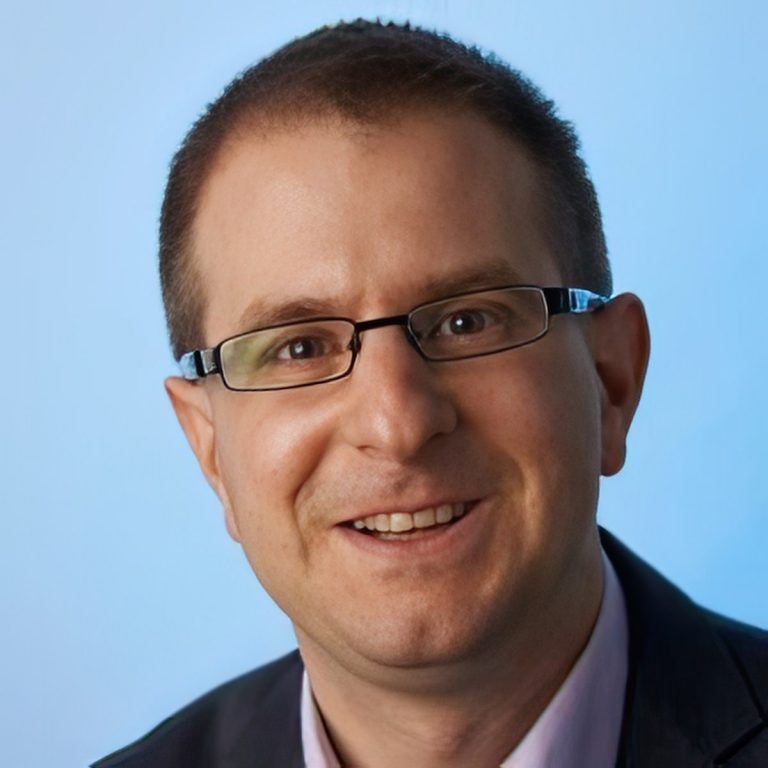
András Koltay
András Koltay is a lawyer, professor at the University of Public Service and the Pázmány Péter Catholic University. He obtained his LL.M. (Master of Law) degree from University College London in 2007, prior to that he also studied at the International Institute of Human Rights in Strasbourg. He received his PhD from the Faculty of Law at the Pázmány University in 2008. From 2010 to 2019 he worked as a member of the Media Council, from 2018 to 2021 he held the position of rector of the National University of Public Service. His main research interests are in the areas of freedom of expression, media law and personal rights.
He published his monograph entitled A szólásszabadság alapvonalai [The Foundations of Freedom of Speech] (Századvég) in 2009, his books Freedom of Speech, Religions and the State (Századvég) and New Media and Freedom of Expression (Wolters Kluwer) were published in 2016 and 2019 respectively. In addition, he has more than 400 scientific publications in Hungarian and in English. He is editor-in-chief of Iustum Aequum Salutare a law journal, as well as In Medias Res an academic journal on freedom of press and media regulation. Between 2010 and 2019, he was a member of the Media Council of the NMHH. Since 2016 he is a member of the Public Body of the Hungarian Academy of Sciences, and since 2017 a member of the Legal and Ethics Committee of the Hungarian Paralympic Committee.
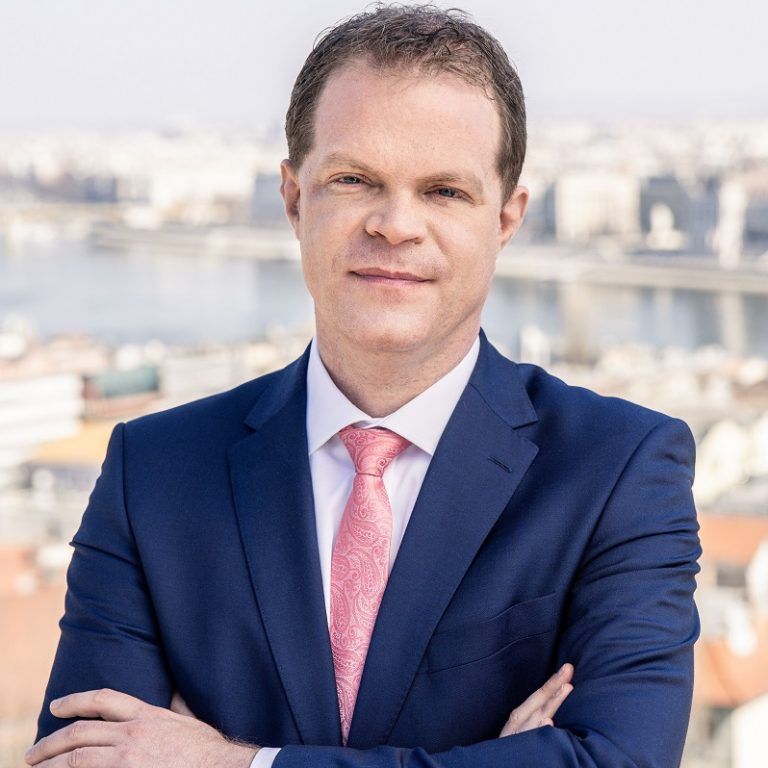

Zsolt Ződi
Zsolt Ződi (53) was graduated as a lawyer in 1991. He started to work as a lecturer in University of Miskolc Law School. In 1996 he left the academia and worked as a publishing professional in different positions in legal publishing companies until 2011. In 2012 he earned a PhD in legal informatics and returned to the academia. Since then, he worked in University of Miskolc, Eötvös Loránd University Budapest, and Corvinus University Budapest teaching legal theory and infocommunication law. He acted as an advisor in different legal informatics projects, and as an advisor of the President of the Curia (Supreme Court). He is the author of two books, and more than 90 articles.
Bernát Török
Bernát Török graduated in law from the Pázmány Péter Catholic University (Budapest) in 2003. First he worked as a lawyer at the National Radio and Television Committee, then he was chief counsilor at the Constitutional Court of Hungary between 2010 and 2018. In 2016-17, he worked as a visiting scholar at Yale Law School (New Haven, CT, USA). He earned his PhD in constitutional law. He is an associate professor of constitutional law and head of the Institute of the Information Society at the University of Public Service – Ludovika (Budapest). His research interests include freedom of speech and fundamental rights in the information society.
